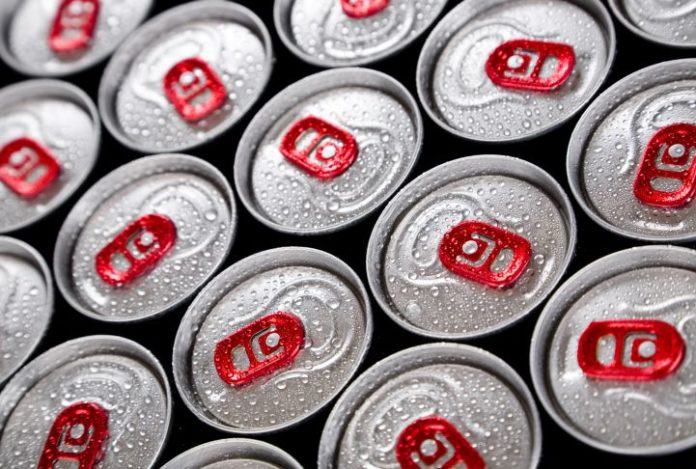Mixing energy drinks with alcohol (AEDs) as party beverages is a growing trend among young Australians, who are putting their health at risk by consuming amounts beyond what is deemed safe, according to new research.
An Australian first study examining the patterns of consumption and associated harms of AEDs among young Australians found most were unaware of recommended limits of daily consumption or related health risks. It found some consumed in excess of eight AEDs on a typical night out with friends.
Dr Amy Pennay and Professor Dan Lubman, from Turning Point Alcohol and Drug Centre and Monash University, surveyed Victorians aged 18 to 35 and documented patterns of consumption of AEDs over a six-month period.
The study found wakefulness was considered the primary benefit of drinking AEDs and difficulty sleeping was the main concern.
Dr Pennay said in the context of a big night out young people were combining energy drinks with vodka, Jagermeister and Cointreau, and sometimes concurrently with illicit stimulants.
“Energy drinks are concentrated with stimulants like caffeine, ginseng and taurine, while alcohol is a depressant. By mixing the two it confuses the nervous system which can often trigger cardiac problems,” Dr Pennay said.
“When people drink AEDs excessively, they’re also at high risk of symptoms of over-stimulation including difficulty sleeping, severe hangovers, aggression, violence, heart palpitations, blackouts, vomiting and tremors.”
The researchers found the perceived benefits of AEDs were similar to those identified in previous international research, which included alertness, energy, sociability, taste, and increased intoxication.
In Australia, there is currently no information contained on energy drinks stating they should not be mixed with alcohol. Participants also reported they were unaware about recommendations related to consuming only two energy drinks per day.
“A range of regulatory options such as the legislation of mandatory information about safe consumption practices on labels and implementing guidelines around marketing and promotions should be considered. Also awareness to ensure young people are making informed decisions about consumption is important,” Professor Lubman said.
Professor Lubman said some individuals consumed AEDs to feel less drunk while others use AEDs to facilitate drunkenness through the faster paced consumption of party beverages such as ‘Jager bombs’.
Source: Monash University










